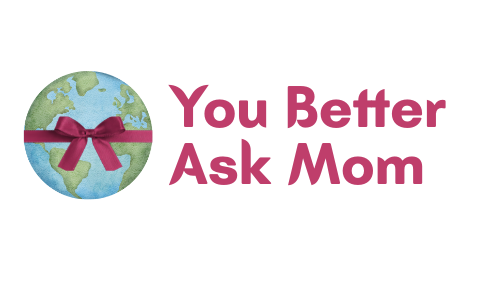
Understanding Fetal Hiccups: A Natural Occurrence
Fetal hiccups can be a delightful surprise for expectant mothers and an intriguing phenomenon within the womb. Often felt as rhythmic jolts or gentle thumps, these hiccups may start around the second or third trimester of pregnancy. But what exactly causes this familiar sensation, and why is it important?
Why Do Babies Get Hiccups in the Womb?
Hiccups are caused by involuntary contractions of the diaphragm, followed by a quick closure of the vocal cords, which produces that characteristic “hic” sound. For babies in the womb, these contractions are thought to assist in developing the respiratory system and practicing swallowing by taking in amniotic fluid. It's a healthy sign that indicates the baby is developing normally, although it can feel quite strange for the mother!
The Connection to Pregnancy
As you navigate through pregnancy week by week, understanding fetal movements—including hiccups—can help you connect with your little one. Expectant moms often experience varying sensations as their babies grow and move, and it’s all part of the journey. If you find yourself feeling rhythmic movements, they could very well be your baby's hiccups.
When Should You Be Concerned?
Most of the time, fetal hiccups are harmless and even a bit reassuring. However, if you notice a sudden increase in the frequency or intensity of these movements, it’s a good idea to consult your healthcare provider. They can provide personalized prenatal advice and reassurance, helping you navigate any worries you may have as you prepare for your newborn's arrival.
Embracing the Experience
For first-time expectant mothers, it’s valuable to embrace these little surprises as part of the remarkable process of bringing new life into the world. Remember, each pregnancy is unique, and being in tune with your body and your baby is key to navigating this journey. Hiccups may just be another reminder of the wonderful bond developing between you and your little one!
 Add Row
Add Row  Add
Add 




Write A Comment